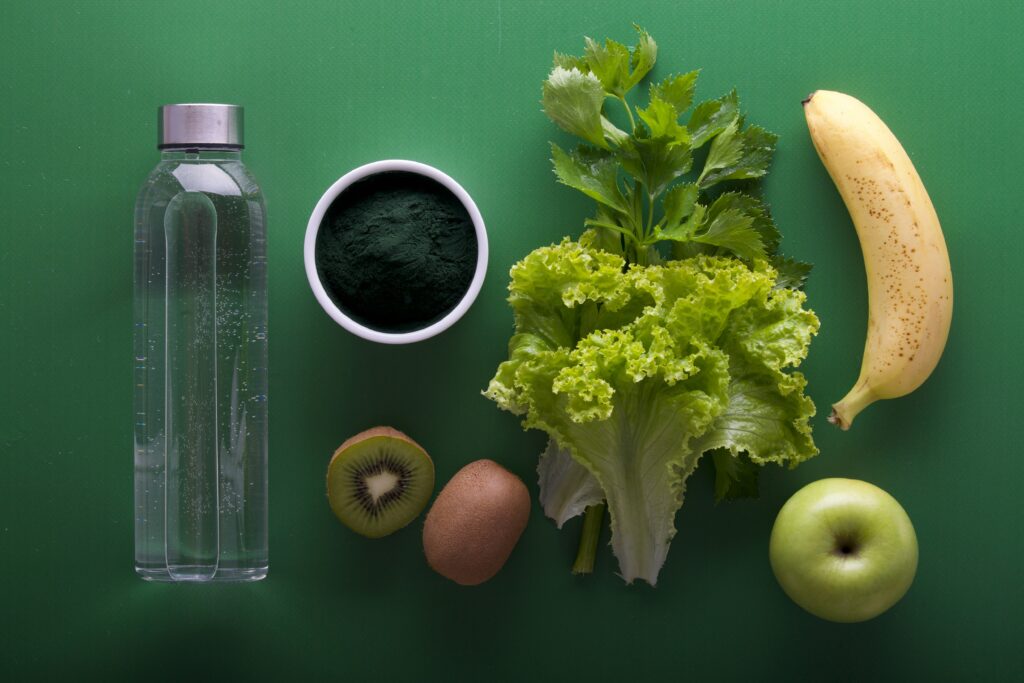T
he gut is often called the “second brain” because it has a complex network of nerve cells that constantly communicate with the brain. This connection influences digestion, mood, and overall well-being.
The gut sends signals that affect how we feel physically and mentally, explaining the reason why stress, diet, and lifestyle can have such a big impact on both digestion and mental clarity.
The Role of the Gut Microbiome in Mental Health
The gut is home to trillions of bacteria that play a role in everything from digestion to mood regulation.
An imbalanced microbiome caused by stress, poor diet, or lack of sleep, can contribute to fatigue, brain fog, and even heightened stress levels.
Research suggests that gut bacteria help regulate mood-related hormones, meaning that a healthy gut may support better mental well-being.
Improving gut health doesn’t have to be too complicated. Regular exercise, eating a variety of plant-based foods, and managing stress through techniques like yoga and/or meditation can help keep the microbiome balanced.
The Effect of Stress on Digestion
Stress can impact digestion more than we realise. When we are under pressure, the body releases cortisol, a hormone that triggers changes in the gut, including an increase in inflammation and a shift in gut bacteria balance. This can lead to bloating, discomfort, or even long-term digestive issues.
Since stress is an unavoidable part of life, the goal is not to eliminate it but to manage it better. Quality sleep, regular movement, and relaxation techniques (as already mentioned) can all help prevent stress from negatively affecting digestion.
Foods That Support a Healthy Gut
So, a balanced gut starts with the right foods.
Prebiotics, found in foods like oats, bananas, and garlic, feed beneficial gut bacteria. Probiotics, found in fermented foods like natural yogurt, kimchi, and kefir, introduce more good bacteria into the gut, helping maintain its balance.
Inflammation can also impact gut health, so including anti-inflammatory foods like leafy greens, nuts, and healthy fats can be beneficial. While probiotic supplements exist, they aren’t always necessary, so, getting a variety of gut-friendly foods through diet is often the best approach.

Final Thoughts
Gut health plays a key role in how we feel physically and mentally. Simple habits like managing stress, getting enough sleep, and eating a diverse range of whole foods can make a noticeable difference. While there’s no quick fix, consistent, small changes can support both digestive health and overall well-being.



